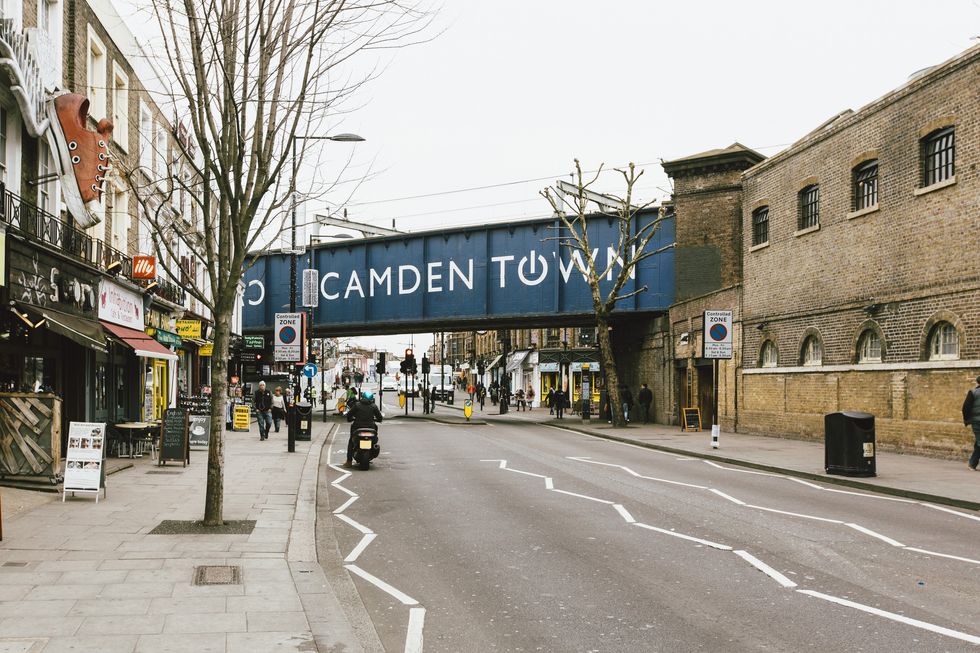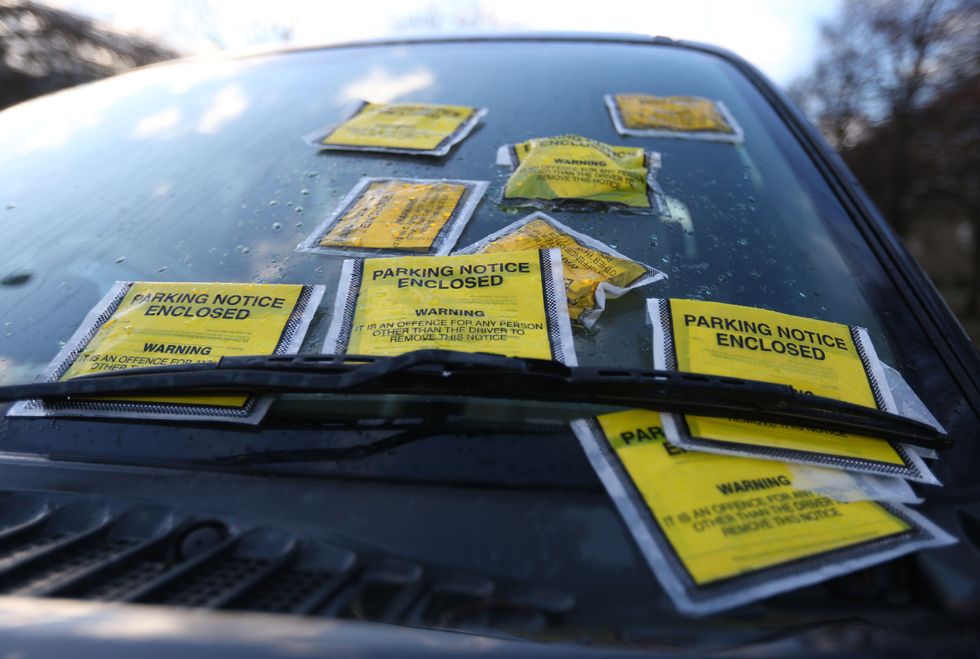London councils told to give up 25 per cent of its kerbside parking spaces
GETTY
Controlled parking could improve air quality in London
Don't Miss
Most Read
Trending on GB News
A new policy could see London boroughs cut parking spaces by roughly a third to help promote more sustainable ventures.
According to one expert, London councils should allocate at least 25 per cent of its kerbside space for more sustainable uses, such as parklets, rain gardens, cycle storage/parking and sustainable transport hire.
The measure would help improve air quality by introducing more controlled parking zones in the boroughs and on housing estates.
The expert flagged that the changes would have a positive impact on climate, road safety, air quality and accessibility across the capital.
Do you have a story you'd like to share? Get in touch by emailingmotoring@gbnews.uk

Camden rated highly for having effective parking measures in place
GETTY
Charity Possible, which has suggested the new policy, explained that parkingis a key tool councils have tohelp tackle climate change and reduce reliance on cars, “but hardly any are using these powers effectively”.
The group evaluated all London councils and warned that they need to do more to implement and utilise parking policies effectively.
The boroughs of Camden, Hackney, Haringey, Islington and Lambeth were rated among the highest of all London boroughs to have effective parking measures in place.
At least 10 boroughs, including Bexley, Havering, Hillingdon, and Redbridge however, had some of the poorest parking policies, according to reports.
The boroughs were assessed based oncost of parking, controlled parking zones in place, availability of EV chargingand accessibility.
Carolyn Axtell, parklets campaign manager at Possible, explained that a parking policy is not “cost-prohibitive and can encourage people in all London boroughs to reduce their car use – which is necessary for both the capital and the UK to meet their climate targets”.
She added: “As the Parking Action Policy map shows, most of London’s councils are failing to make full use of parking policy to deliver safe and accessible streets, and to ensure that there is equity in the distribution of public space.
“While some London boroughs are leading the way on using parking policy to create climate friendly and more equitable streets, we still have a lot of work to do.”
Alice Roberts, head of campaigns at Campaign to Protect Rural England stated that cars are “hugely inefficient” of space.
Car dominance leads to “loss of, and lack of” parks and play spaces within cities, where land is “swallowed up by huge amounts of ‘grey space’ given to roads and parking,” she warned.
The group has advocated for cities to run on public transport, walking and cycling with space free for greenery, parks and space to be active, outdoors and in contact with nature.
However, while the parking policy aims to be good for the environment it could risk being bad for drivers.
LATEST DEVELOPMENTS:
- Martin Lewis issues urgent warning to drivers about £1.1k car finance refund ahead of looming September deadline
- All petrol and diesel vehicles to be banned from driving on roads in 2035 under radical Green Party pledge
- Britons urged to make use of Sainsbury's Nectar card changes to help drivers 'reap the benefits' of points

Roughly 46,662 parking fines were issued to drivers last year
PAUK councils issued 46,662 parking fines on average last year, with four London boroughs being named in the top five.
Meanwhile, Newham Council issued a staggering 257,788 fines, despite having a population of just 358,645.








